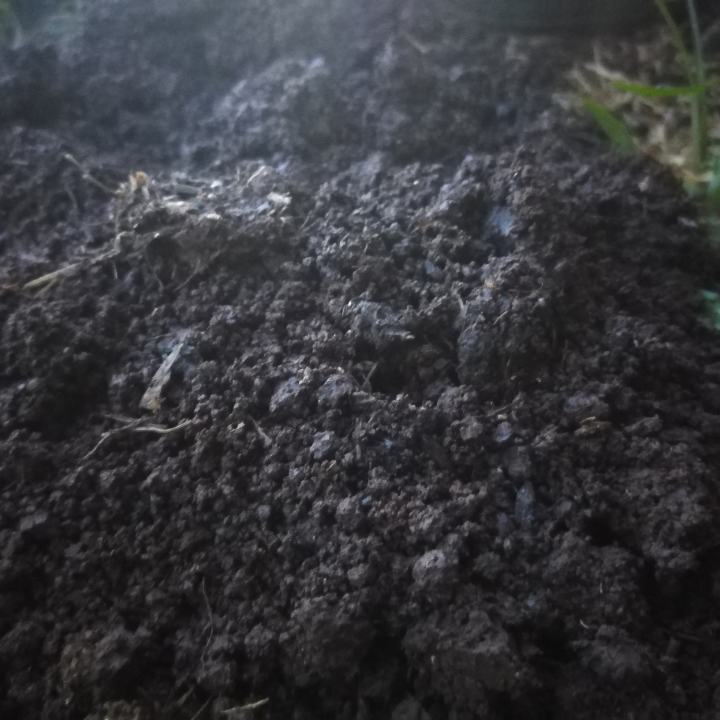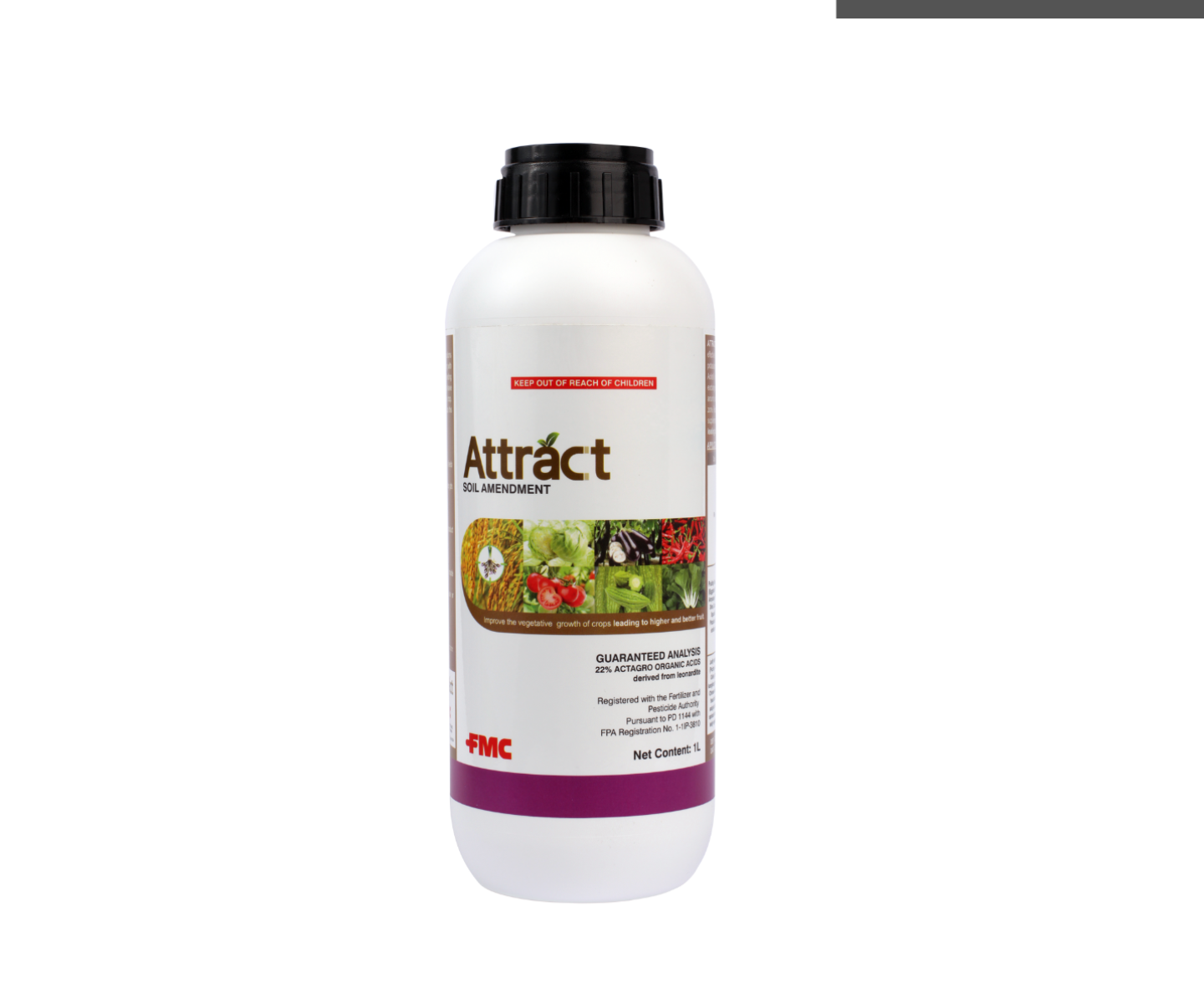Soil Problem - Acidification

Soil acidification is the buildup of hydrogen cations, which reduces the soil pH. Chemically, this happens when a proton donor gets added to the soil. The donor can be an acid, such as nitric acid, sulfuric acid, or carbonic acid.
What are the symptoms
Soil acidification is a process where the soil pH decreases over time. This process is accelerated by agricultural production and can affect both the surface soil and subsoil.
Impact to the Crop
1. helpful soil micro-organisms may be prevented from recycling nutrients (e.g. nitrogen supply may be reduced)
2. phosphorus in the soil may become less available to plants
3. deficiencies of calcium, magnesium and molybdenum may occur
4. the ability of plants to use subsoil moisture may be limited
5. uptake by crops and pastures of the heavy metal contaminant, cadmium, may increase.
How to control
1. the use of less acidifying farming practices—considered when soils show signs of acidification - use of non-ammonium source of fertilizer
2. applications of agricultural lime—applied to counter the acidification caused by cropping systems

